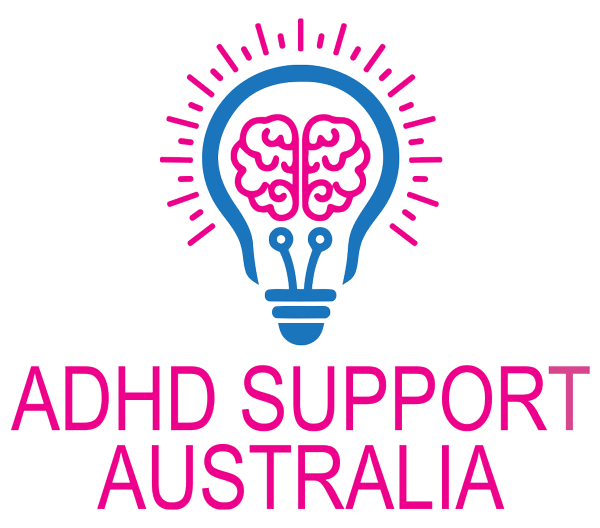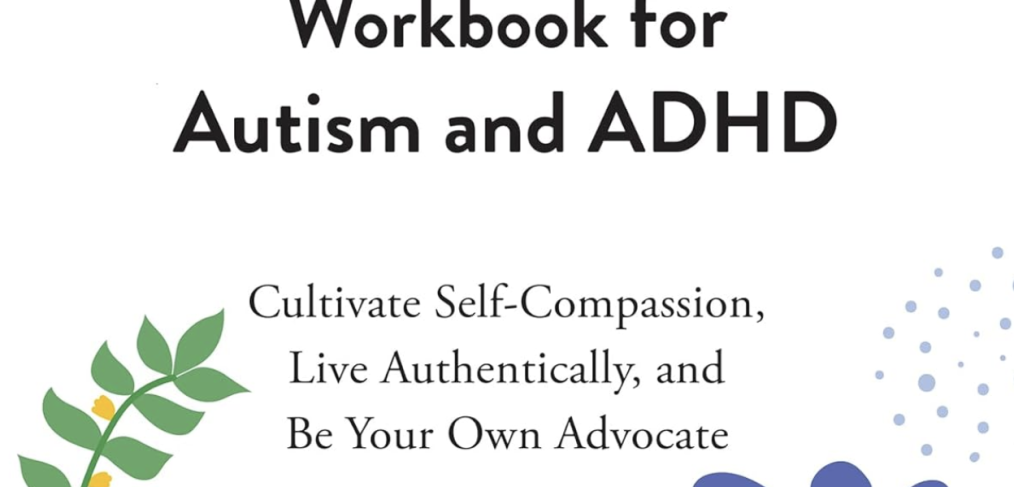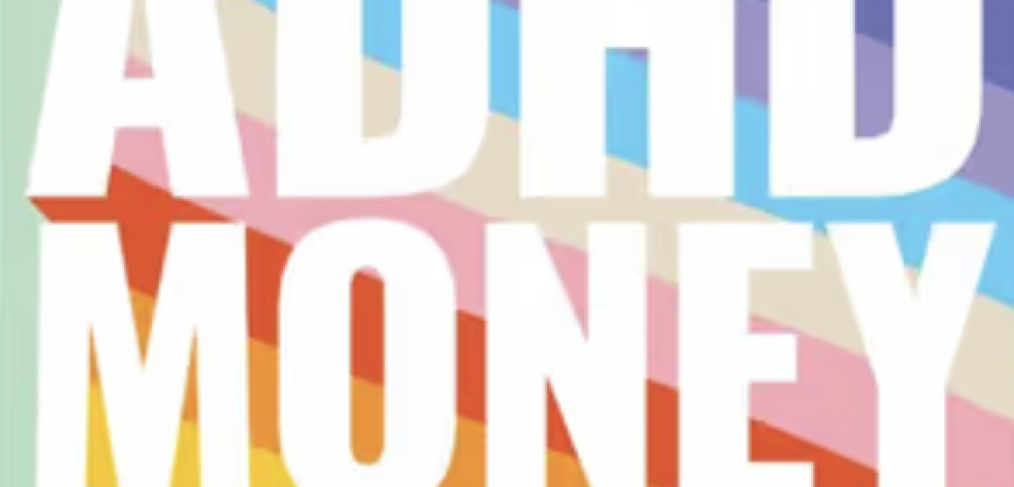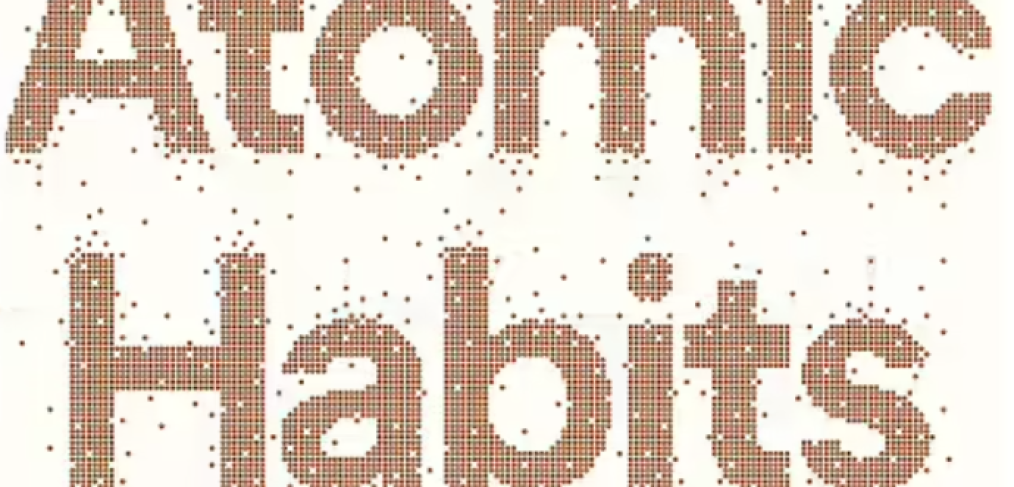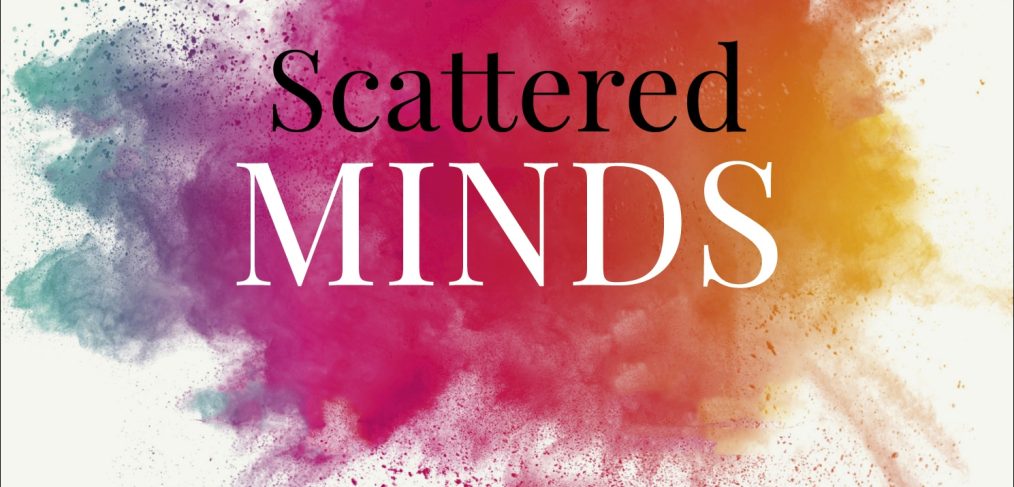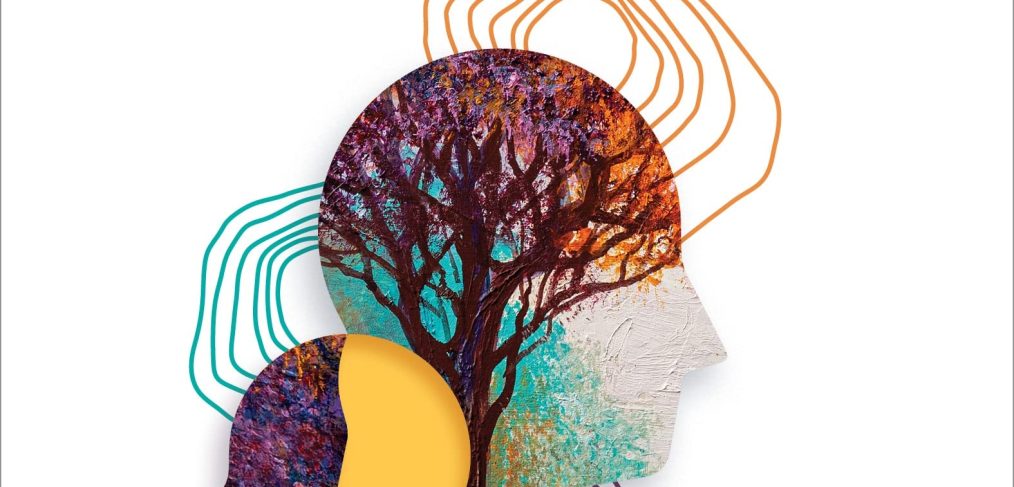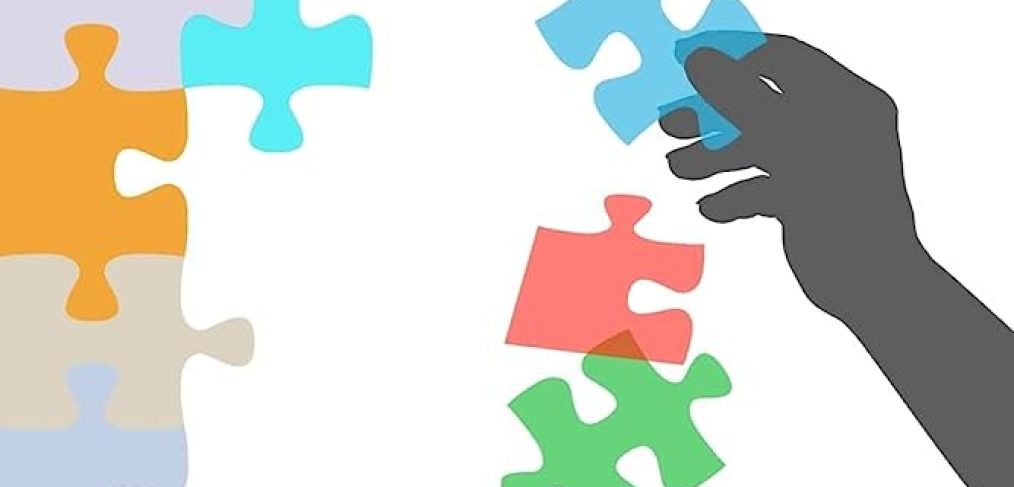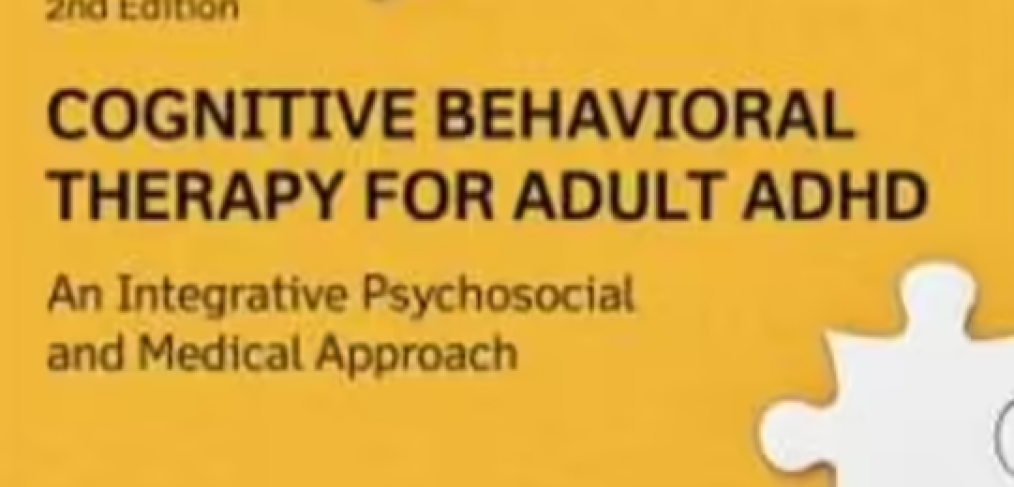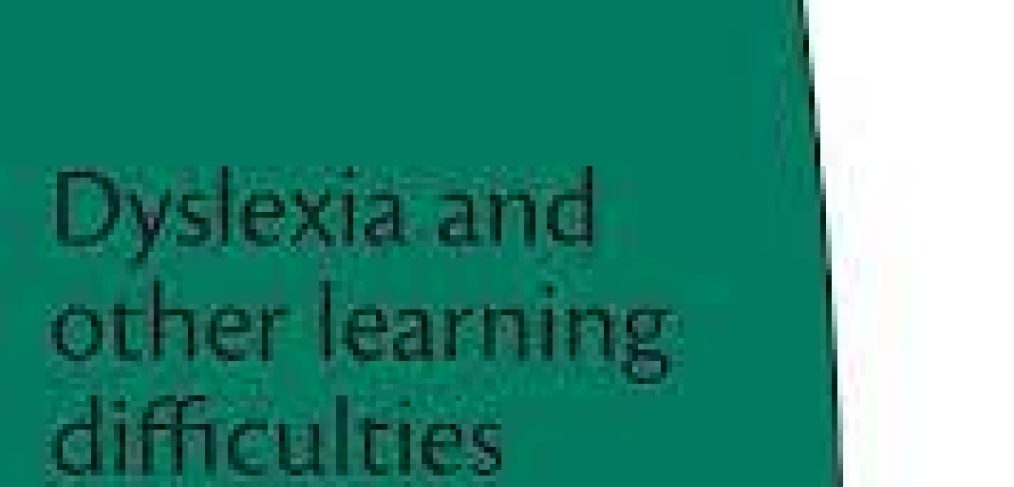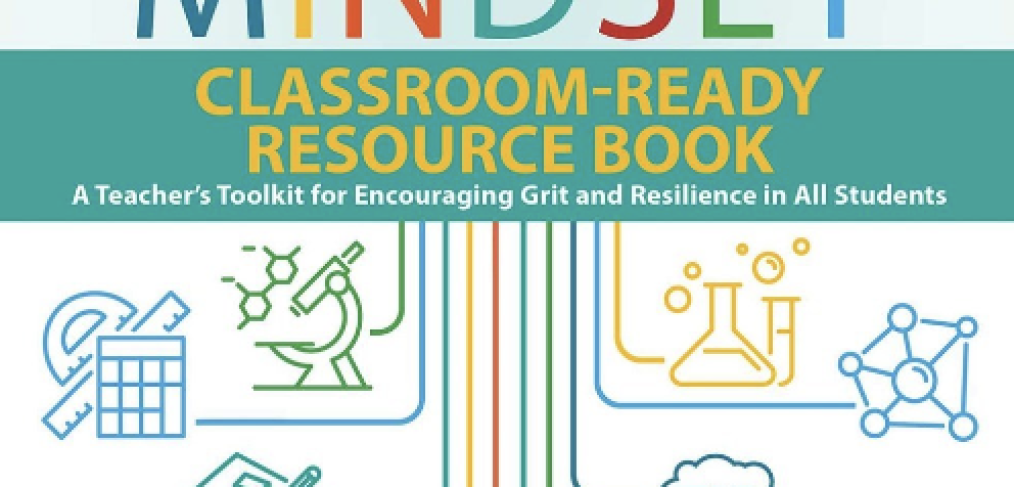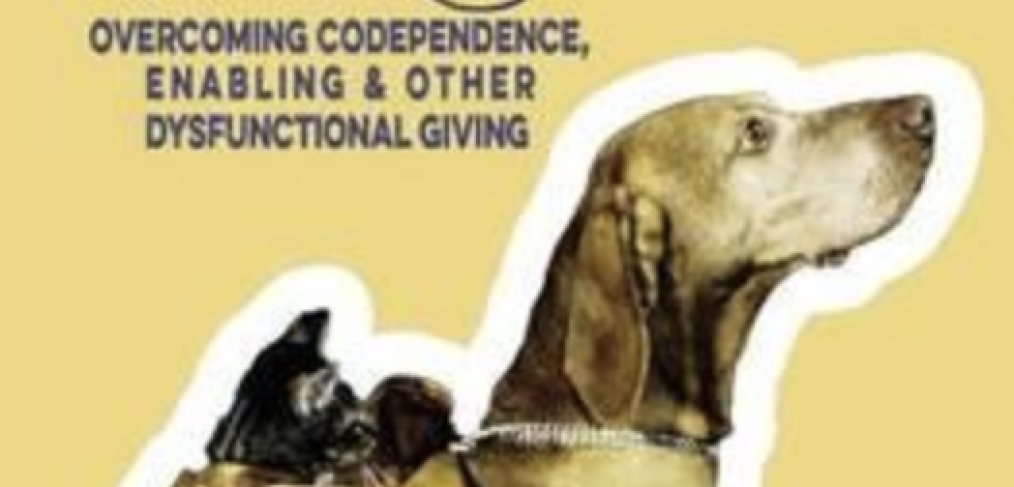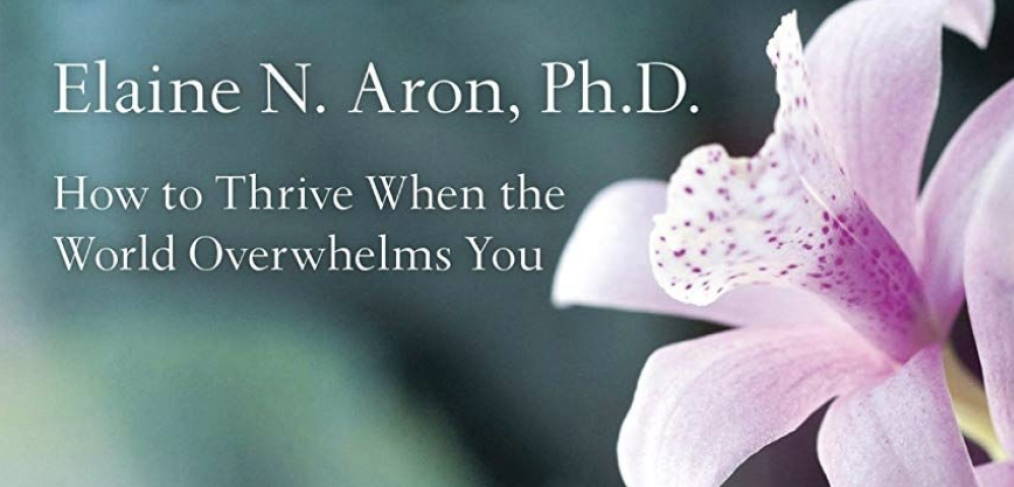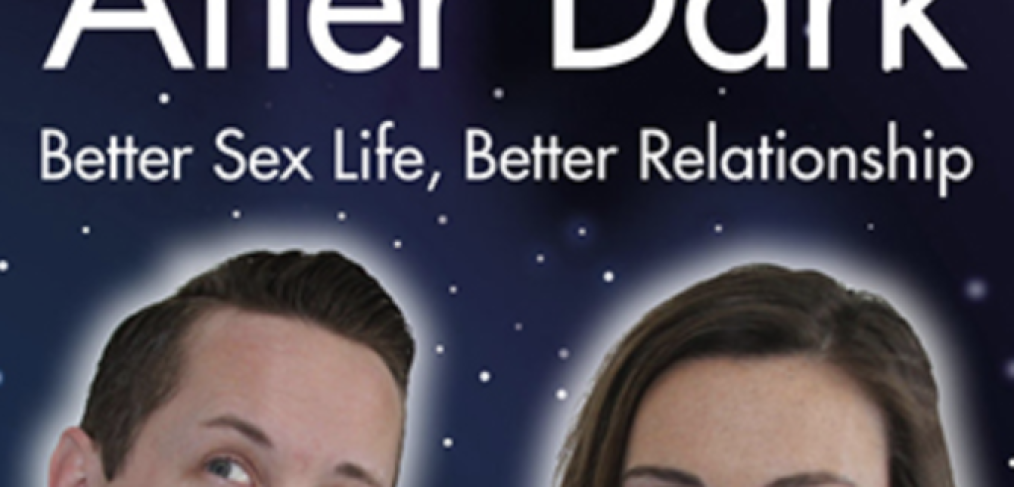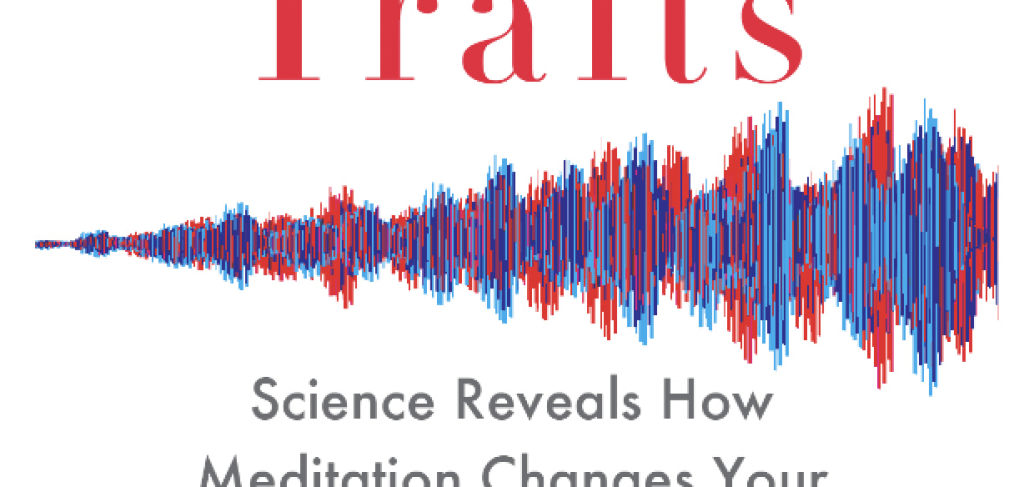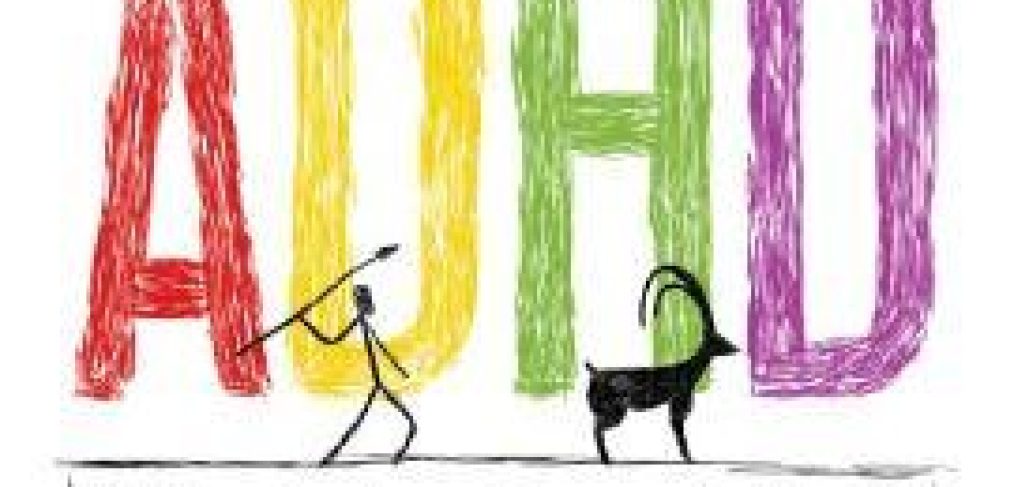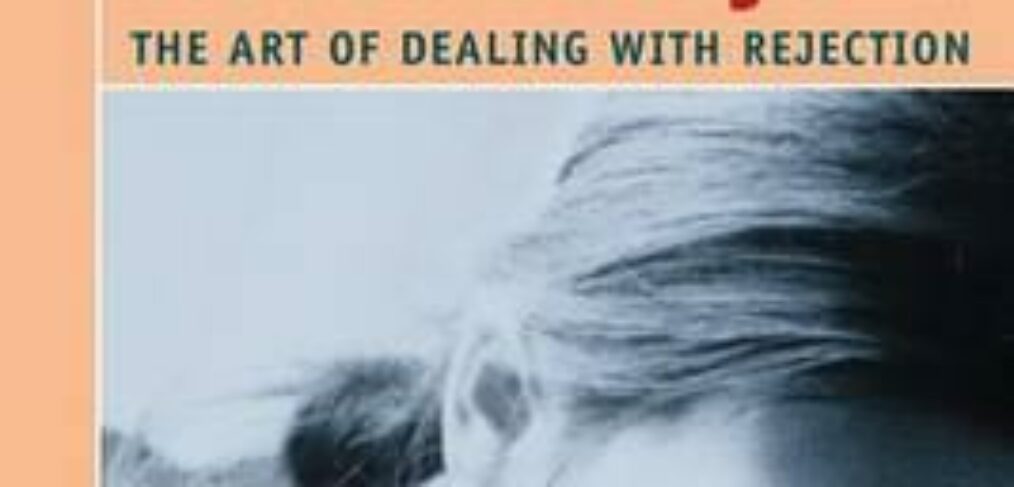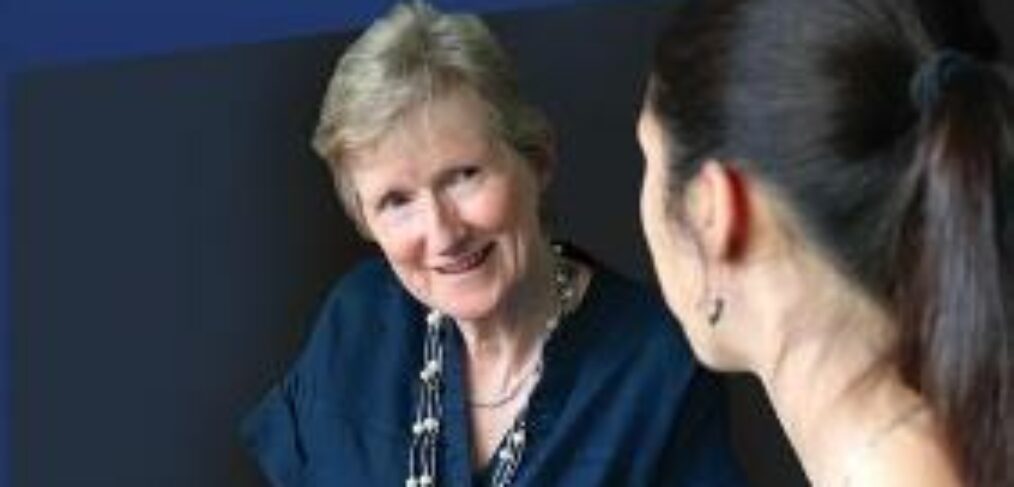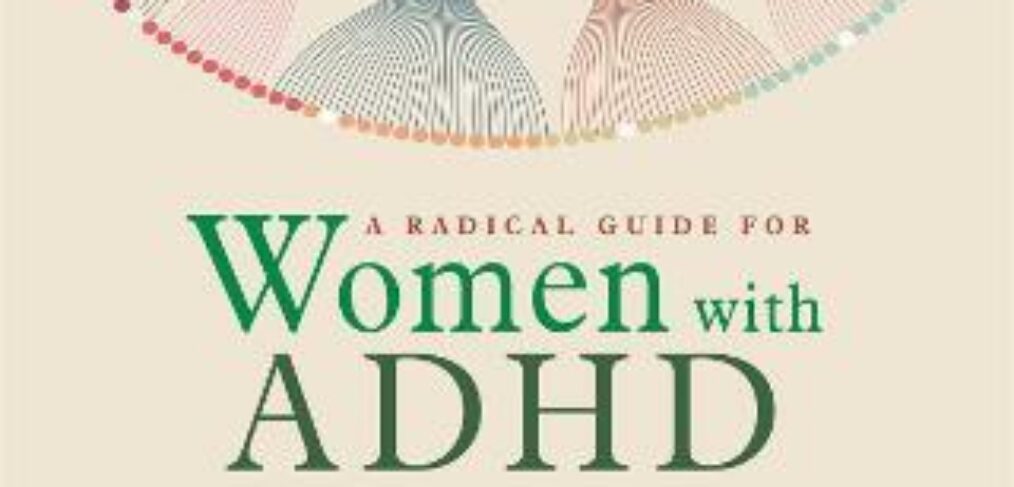Neurodivergence Skills Workbook For Autism And Adhd
Cultivate Self-Compassion, Live Authentically, and Be Your Own Advocate
By: Jennifer & Mitchelson, Monique Kemp
Neurodivergent people face many unique struggles in life-including social difficulties, sensory sensitivities, sleep problems, depression, anxiety, and trauma from a lifetime of marginalization and microaggressions. Written by two neurodivergent psychologists, this workbook offers acceptance and commitment therapy (ACT) and self-compassion skills tailored to the needs of neurodiverse people-especially those with ADHD and Autism-so they can live authentically, take pride in their identity, increase overall well-being, and build meaningful connections to thrive as neurodivergent individuals in the modern world.
Written by neurodivergent psychologists for neurodivergent readers. This empowering workbook offers self-compassion skills to help you embrace who you are and thrive.As an autistic person or neurodivergent individual with attention-deficit hyperactivity disorder (ADHD), you may sometimes feel as if you’re living in a world that wasn’t designed for you. You may have sensory sensitivities, social difficulties, struggles with executive functioning, sleep issues, depression, anxiety, burnout and meltdowns, and trauma from a lifetime of marginalization and microaggressions.If you are struggling with your neurodivergent identity, know that you aren’t alone. Whether you were diagnosed as a child or are just now realizing your difference, this workbook can help you move beyond the internalized message that there is something wrong with you, so you can embrace who you really are and manage stress before it leads to neurodivergent burnout.The Neurodivergence Skills Workbook for Autism and ADHD offers acceptance and commitment therapy (ACT) and self-compassion skills tailored to the needs of neurodiverse people-especially those with ADHD and Autism-so you can live authentically, take pride in your identity, increase overall well-being, and build meaningful connections to thrive as a neurodivergent person in the modern world.This workbook will help you: ?Acknowledge your needs and be your own advocate ?Unmask and express your authentic self ?Reduce sensory overload and balance emotions ?Manage rejection sensitivity dysphoria (RSD) and social anxiety ?Build meaningful social connections ?Improve executive functioning to get more done ?Adjust your environment to better fit your needs Most importantly, you’ll learn to take pride in your identity. Whether you’re autistic, ADHD, or both, this workbook can help you overcome self-critical thinking, advocate for yourself in effective ways, and learn practical skills to help you thrive as your authentic self.
